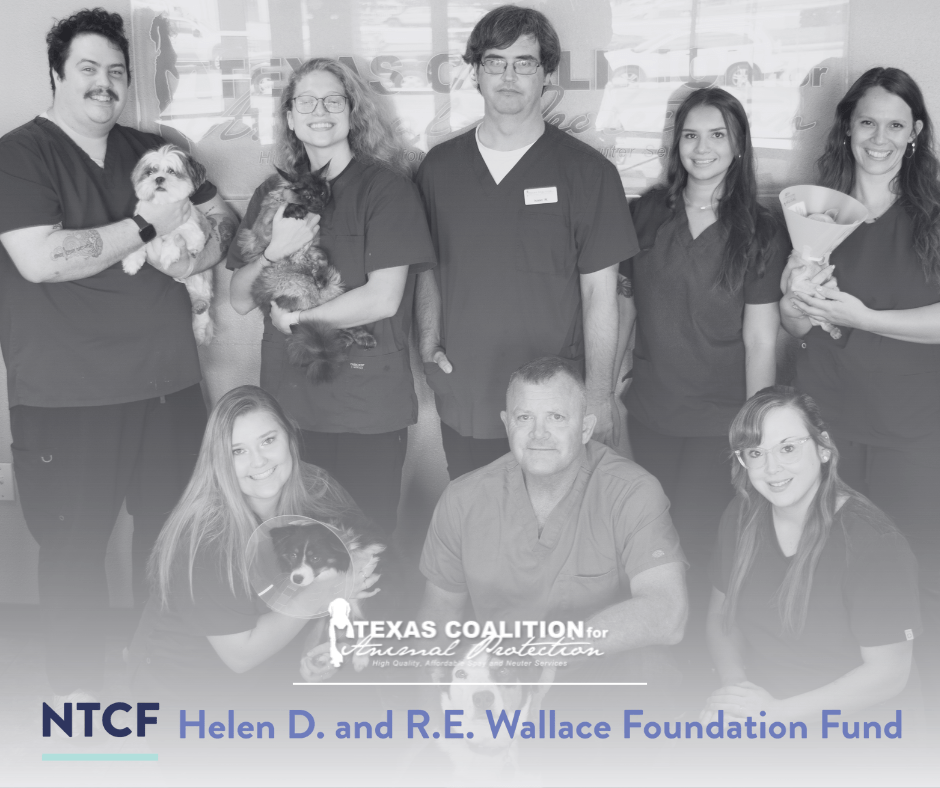In a world where compassion knows no bounds, being an animal advocate is a powerful way to make a positive impact. Whether you’re passionate about the well-being of domestic pets, wildlife conservation, or farm animal welfare, advocating for animals requires empathy, education, and action. This guide will explore five actionable steps to help you become an effective voice for our furry, feathered, and finned friends.
1. Educate Yourself
Before embarking on your advocacy journey, educating yourself about various animal welfare issues is crucial.
Understanding the challenges animals face empowers you to speak knowledgeably and passionately about the issues. For example, at TCAP, our mission is to end overpopulation and euthanasia in Texas animal shelters. All of our initiatives aim to advance that goal and be a help to animals.

2. Spread Awareness
Advocacy begins with raising awareness. Use your voice and platforms to share information about animal welfare with your friends and family.
Social media is a powerful tool; share articles, videos, and stories that promote animal welfare. You can also help spread awareness by engaging with the content your favorite animal welfare organizations publish on their social media channels.
3. Support Animal-friendly Legislation
Advocate for change by supporting and promoting animal-friendly legislation. Stay informed about local, national, and international policies related to animal welfare. Engage with lawmakers in your community and bring issues to their attention when necessary. Encourage them to prioritize and strengthen laws that protect animals.
Your city council is a great place to start, and way to affect real change in your community.
4. Volunteer & Support Animal Organizations
Get involved with local animal shelters, rescue organizations, or wildlife conservation groups by volunteering your time or expertise. Volunteering provides hands-on experience and allows you to directly contribute to the well-being of animals. Whether it’s walking dogs, assisting in rehabilitation efforts, or participating in outreach programs, your time and skills can make a meaningful difference.
If time isn’t on your side, you can also support these organizations and their initiatives via monetary donations, purchasing goods and services, or attending their events

5. Lead by Example
Being an effective animal advocate requires consistency in your actions. Lead by example in your daily life by practicing kindness and compassion towards animals. Your personal choices serve as a powerful testament to the values you advocate for.
Encourage your friends and family to join you in the causes you’re passionate about.
Becoming an animal advocate is a journey that requires dedication, education, and a commitment to positive change. By raising awareness, supporting legislation, and inspiring others, you can contribute to a world where animals are treated with the compassion and respect they deserve. Together we can create a better Texas For Them.








